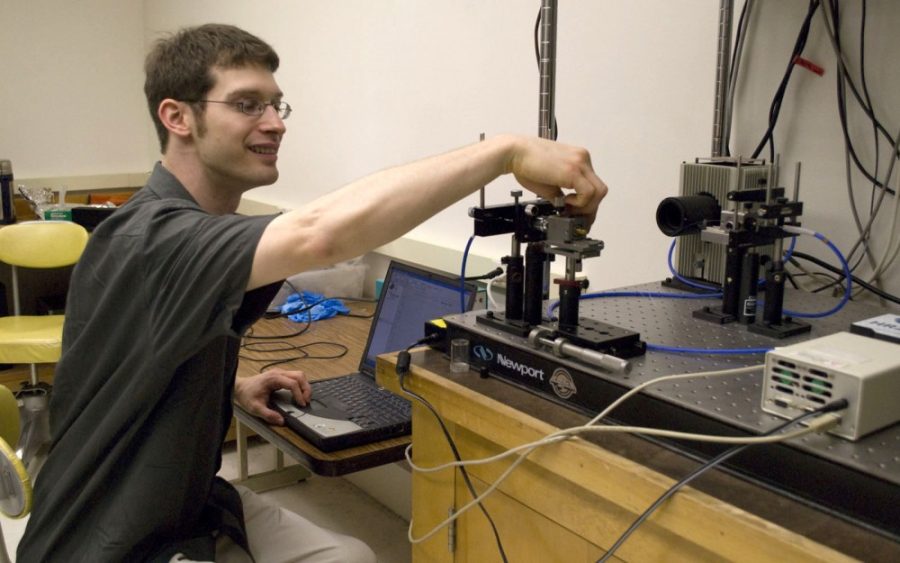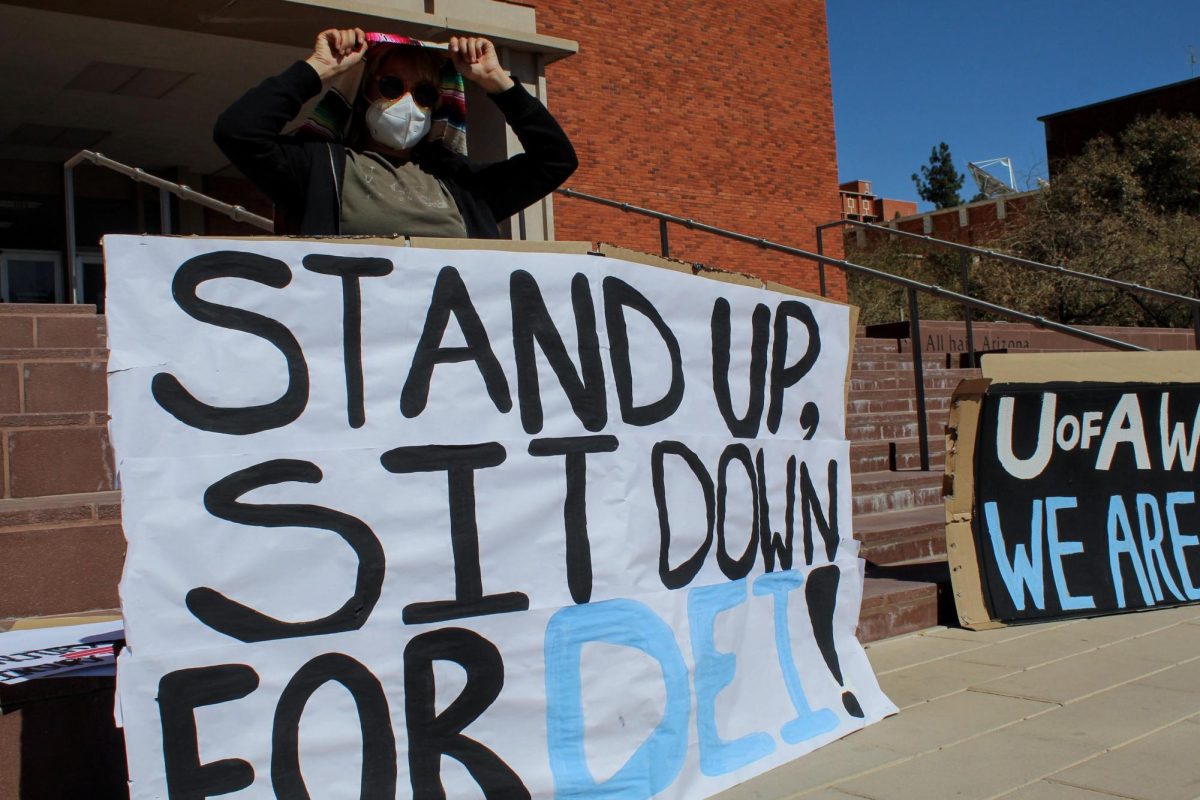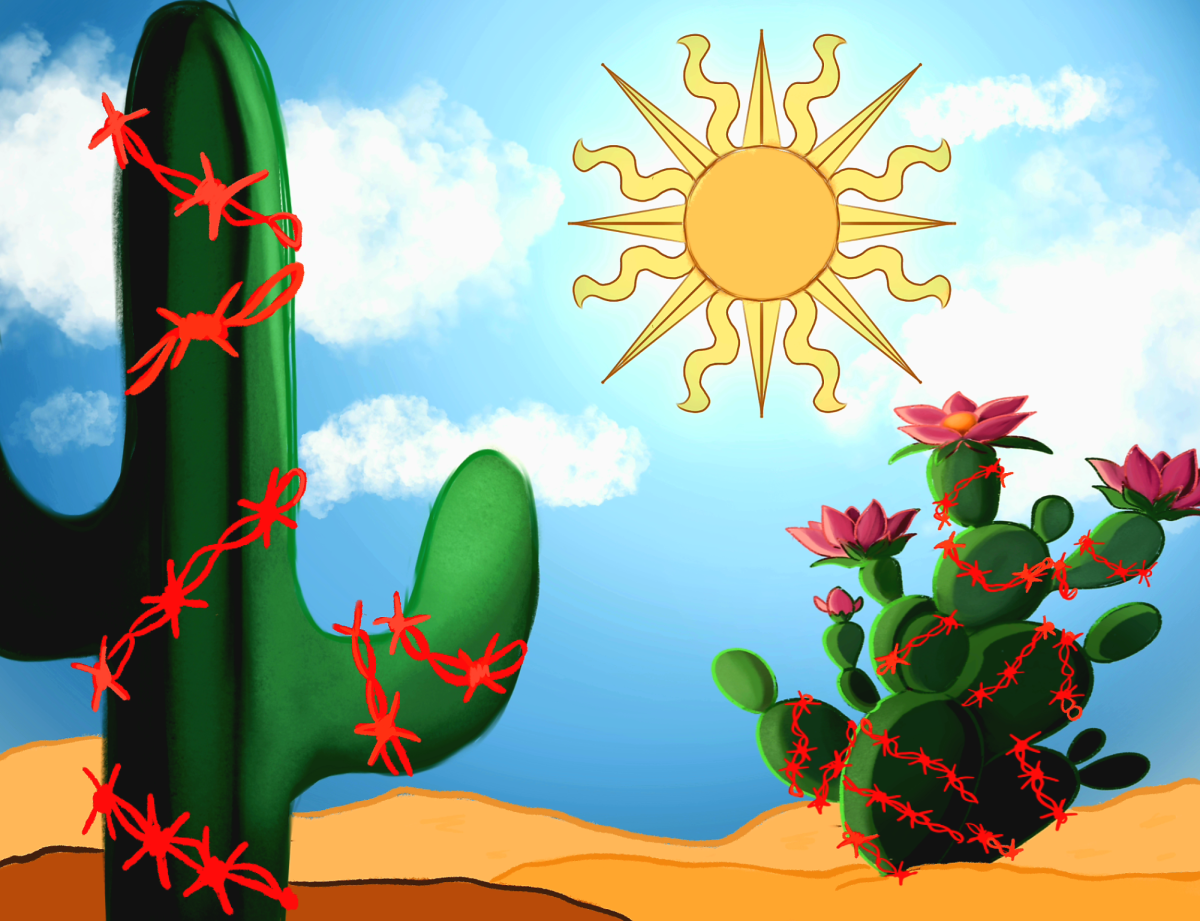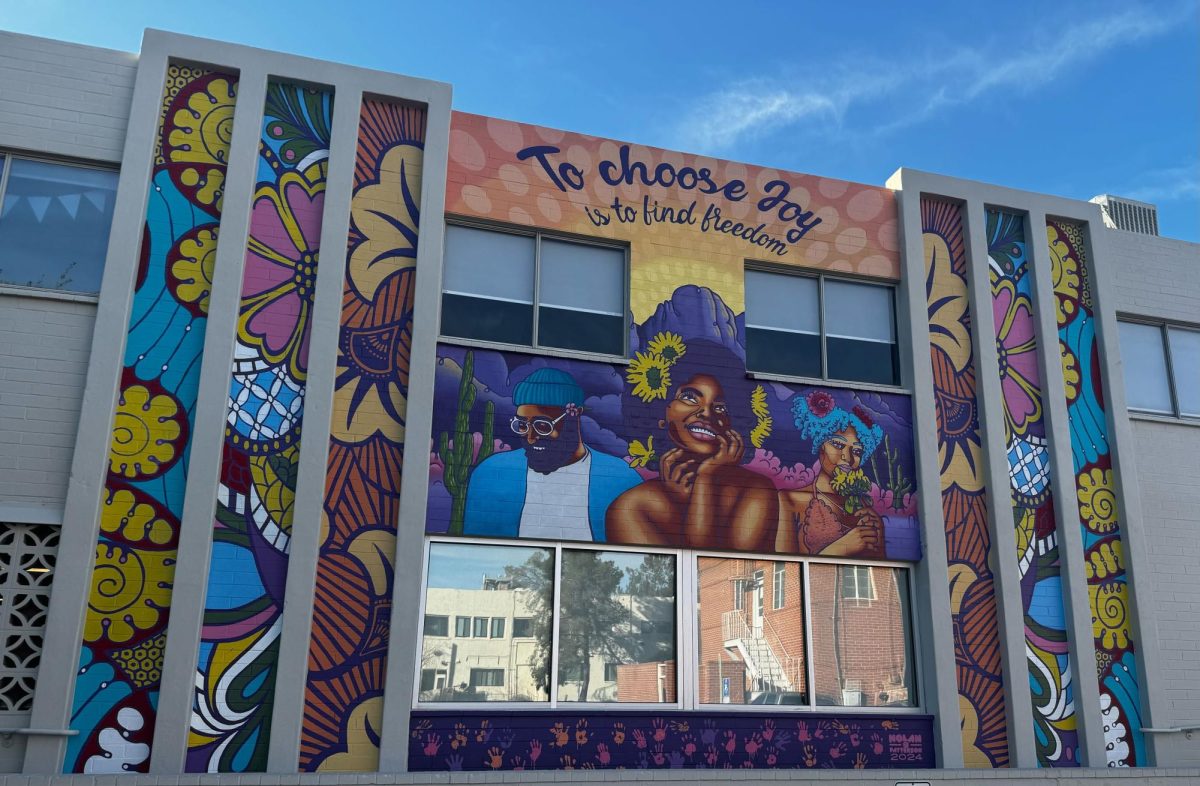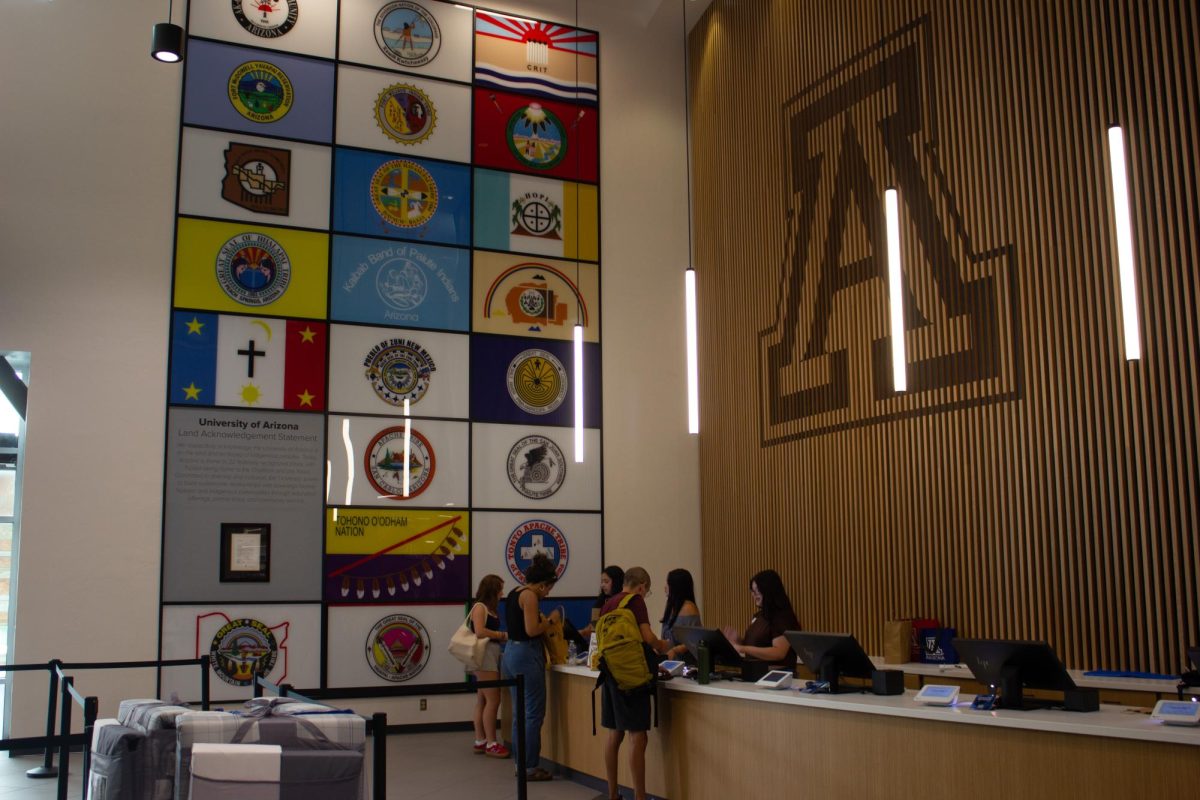From space research to being nationally recognized, a UA graduate student is now nearing the end of his long, academic journey.
Brian Fox’s research here at the UA focuses on how radiation in space affects optical wires. He was originally drawn to this general area of research because there are many different “niche” areas researchers can get into. Fox will graduate at the end of the spring semester.
In November 2009, Fox, along with his mentor, Kelly Simmons-Potter, had optical fibers launched into space on the shuttle Atlantis. They were delivered to the International Space Station, where they remained for a year and a half.
“To get something into space is very, very rare, just in general,” Fox said. “It is very nice to get something in space and the other thing is to actually publish space type data because lots of things that are sent into space is not actually published.”
The wires were contained in a case called MISSE-7, which is a case approximately the size of a suitcase. The case was attached to the outside of the space station with the fibers exposed to space, according to Simmons-Potter, a UA professor of electrical and computer engineering as well as optics.
Simmons-Potter opened up this field of study, which not many people are focused on, said Fox, calling her a “huge inspiration and huge help.”
The research is important because the cost of traveling to space is directly linked to weight and optical fibers are extremely lightweight while still performing at a high level, Simmons-Potter said.
The fibers were originally only supposed to be in space for six months but due to delays they stayed up for an extra year before returning to Earth on the space shuttle Endeavour, which was piloted by Gabrielle Giffords’ husband Mark Kelly in 2011. Fox could have graduated well before the fibers returned from space, according to Simmons-Potter.
The team’s research was entered into the Hardened Electronics and Radiation Technology Conference, a leading conference in the field of study. There are approximately 100 people that present at this conference and out of those hundred around 20 are selected to move forward and write a journal article about the presentation. This is not a student competition; it is open to professionals and is dominated by professionals, Simmons-Potter said.
Fox presented the team’s research at the conference and helped write the journal entry that went on to win the outstanding paper award in September 2012.
“I am extremely proud of Brian. I think that he has done a wonderful job, I am delighted to have had the opportunity to work with him for this number of years,” Simmons-Potter said. “I hope that when he moves on that we can continue to collaborate in the future.”
Now, Fox is weighing his options for after graduation. He knows he wants a job that will allow him to keep publishing research papers. He said he is excited to graduate in May and is pleased that he was able to be part of “amazing research” here at the UA.
“[Graduating] will be bittersweet just because it has been such a good experience,” Fox said.



